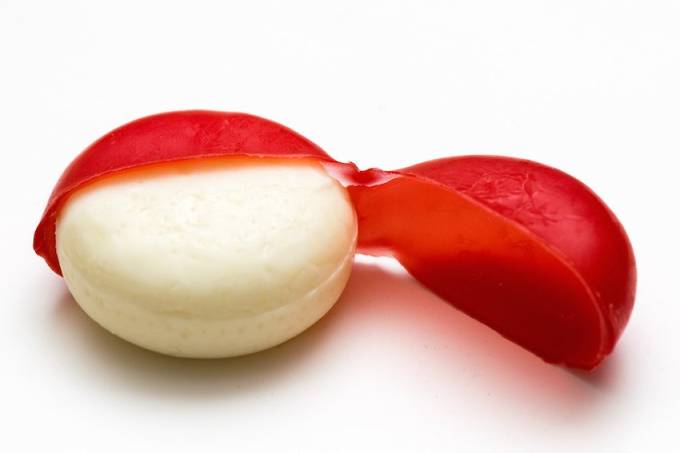Butter is a food that’s popular around the world, and for good reason. There’s nothing like real butter on hot toast or pancakes. Or what about butter melting inside a fresh baked potato? Butter is commonly used on a wide variety of foods and in cooking. So, many of us have this in our homes.
Connect with a verified veterinarian in minutes. Licensed vets are available 24/7 to answer your questions. No need to worry about your furry family member.
What is in Butter?
Butter is a dairy product that usually made from cow’s milk. This yummy food is made from milk fat, which has been separated, and then churned to create natural, creamy butter.
One tablespoon of butter has about 102 calories, and includes:
- Vitamin A
- Vitamin D
- Vitamin E
- Vitamin B12
- Vitamin K2
Butter is also high saturated, monounsaturated, and dairy trans fats. In small amounts, these are safe. However, those who are allergic, or lactose intolerant may not be able to eat butter. The same also goes for dogs.
Is Butter Toxic for Dogs?
No, butter is not toxic for dogs. The main concern with butter is that it is high in fat and doesn’t provide nutrients a dog needs. Too much butter can upset a dog’s stomach. And it’s not good to give lactose intolerant dogs butter, either.
And if your dog is allergic to dairy, it will make him have an allergic reaction. The reaction may only be mild but could be severe in a dog that’s highly allergic to dairy products. In fact, in a few dogs, eating dairy products or butter can lead to an anaphylactic reaction.
Another issue to watch for is if the dog ate the butter packaging. This can range from plastic containers to foil wrapping. The packaging could either cause a choking hazard, become lodged in the stomach or even in the intestines. You’ll need to call the vet right away if your dog’s eaten any of the butter’s packaging material.

Review symptoms, medications & behavior to keep your pets healthy with a Vet Online in just minutes.
Ask a Vet Live NowWhat to Do If Your Dog’s Eaten Butter
Depending on the amount of butter your dog’s eaten, he should be just fine. If he’s eaten a whole stick or more of butter, he may develop some digestive issues such as nausea, vomiting, and diarrhea. In most cases this should pass in a few hours.
Or it can lead to gastroenteritis or pancreatitis if your fur baby ate a whole lot of butter. If your dog’s eaten a large amount of butter, then it’s best to call the vet and get their advice on next steps.
On the other hand, if your dog is lactose intolerant, you may want to contact the vet. Your fur baby could have some severe gastro issues.
If your dog is allergic to dairy, then it’s a good idea to call the vet on what you should do.
In most cases, if your dog isn’t dairy intolerant or allergic, then he should be OK. However, it’s a good idea to only allow him small amounts of butter now and then. Otherwise, be sure to keep butter out of your dog’s reach. Especially when you’re enjoying those Saturday morning waffles!
Connect with a verified veterinarian in minutes. Licensed vets are available 24/7 to answer your questions. No need to worry about your furry family member.

Julie
Julie is a graduate of the University of North Carolina, Wilmington, where she studied Animal science. Though contrary to the opinion of her parents she was meant to study pharmacy, but she was in love with animals especially cats. Julie currently works in an animal research institute (NGO) in California and loves spending quality time with her little cat. She has the passion for making research about animals, how they survive, their way of life among others and publishes it. Julie is also happily married with two kids.
Review symptoms, medications & behavior to keep your pets healthy with a Vet Online in just minutes.
Ask a Vet Live Now




